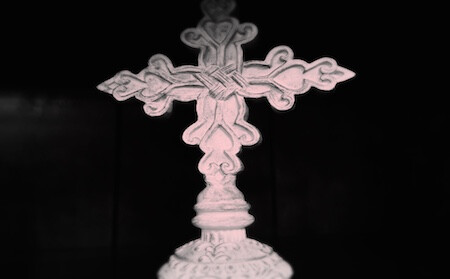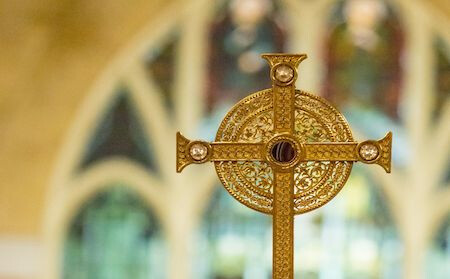Dry and Dead Places

Dry and Dead Places
Ezekiel 37:1-14
“The hand of the Lord came upon me, and he brought me out by the spirit of the Lord and set me down in the middle of a valley; it was full of bones.” (Ezekiel 37:1)
What do you do when The Lord Himself purposefully brings you to a dead place? Not only that, but what do you do when He not only brings you to a dead place, but a dry place?
In the 37th chapter of Ezekiel, God does just that. The Lord came upon Ezekiel and by His spirit brought him not to a land overflowing with milk and honey, but to a valley that was full of bones. Ezekiel notices the details of the situation and describes that place in verse 2 with, “He led me all around them; there were very many lying in the valley, and they were very dry." So not only were these bodies dead, being that they were bones, but they were dry. They had been dead for a very long time.
As much as we don’t want to experience this side of God, we must. As long as you are a part of the church militant, God most certainly will bring you to your own "valley of bones." Not only will He bring you to a dead place, but also he will leave you there long enough for the unpleasant place in life to get dry. It seems as if the hellish situation in life will never go away. So in response, we might catch ourselves spiritually whimpering; whimpering at prayer meetings, at bible study, as we drive to church, on our way to work, and so on.
These responses are not bad in themselves. But if we look at the 37th chapter of Ezekiel, we find that God first asks Ezekiel a question, and then tells Ezekiel how to respond to what looks like a completely hopeless situation.
3 “He said to me, “Mortal, can these bones live?” I answered, “O Lord God, you know.” 4 Then he said to me, “Prophesy to these bones, and say to them: O dry bones, hear the word of the Lord. 5 Thus says the Lord God to these bones: I will cause breath to enter you, and you shall live.”
Ezekiel’s response: 7” So I prophesied as I had been commanded; and as I prophesied, suddenly there was a noise, a rattling, and the bones came together, bone to its bone. 8 I looked, and there were sinews on them, and flesh had come upon them, and skin had covered them; but there was no breath in them. 9 Then he said to me, “Prophesy to the breath, prophesy, mortal, and say to the breath: Thus says the Lord God: Come from the four winds, O breath,[d] and breathe upon these slain, that they may live.” 10 I prophesied as he commanded me, and the breath came into them, and they lived, and stood on their feet, a vast multitude.”
Dry and dead places exist, but they cannot choke out the Word of the Lord. Your situation may be saying to you, “11 …, ‘Our bones are dried up, and our hope is lost; we are cut off completely.’ But the Word of the Lord says, “I am going to open your graves, and bring you up from your graves, O my people; and I will bring you back to the land of Israel. 13 And you shall know that I am the Lord, when I open your graves, and bring you up from your graves, O my people.”
Let us dare to believe that our God raises the dry and the dead, and that He most certainly will resurrect the dry and dead places of our lives.
Nicole Foster is the Director of Christian Formation at St. Mark’s Irving and a Doctor of Ministry student at Trinity School for Ministry



